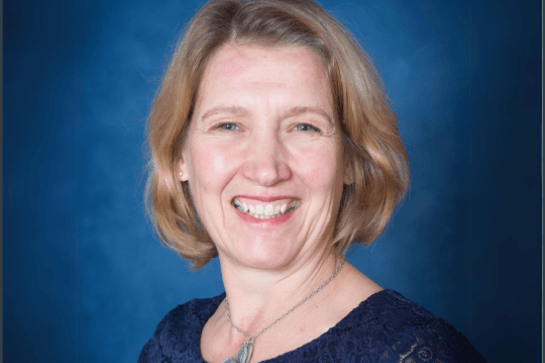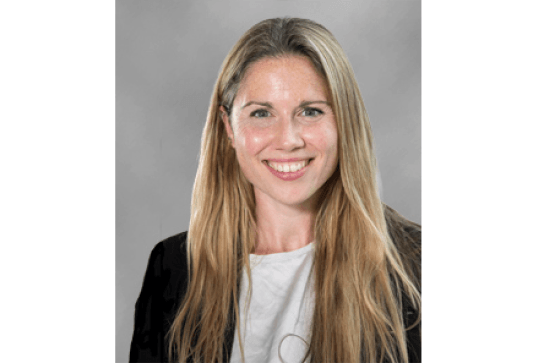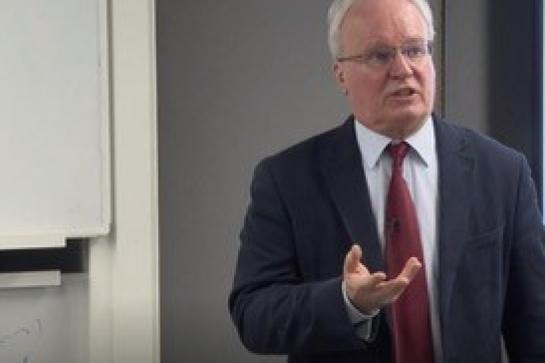Overview
Sustainable citizens, people who can apply their knowledge and skills to global sustainability challenges, are increasingly in demand. Employers, professional bodies, students and the public recognise the need for everyone to have greater understanding of our impact on the planet and the skills to alleviate it.
In the Education for Sustainable Development (ESD) Guidance, published by the QAA and Advance HE in 2021, learning outcomes and teaching and assessment practices were framed around the UNESCO key competencies for sustainability. This means asking what students should be able to know, do, and be in order to ‘leave the world better than they found it’.
Many of these competencies are key attributes for graduate success and employability, including how we work with others, within and across disciplines to solve complex problems using critical, systems and future thinking. They also include values-based competencies, or ways of being. How do we support students to reflect on their values and develop the self-awareness needed to understand and evaluate how their beliefs and experiences inform how they act?
Next symposium:
Booking information
Date: 20-21 March 2024
Location: Virtual
Format: Two half days - 20 March, 12.30pm-5pm; 21 March, 9.30am-1pm.
Pricing
Early booking £193.50
Standard ticket £215
Who should attend?
This symposium is aimed at academic and professional staff, students, programme leaders and senior leaders who wish to learn about the latest sustainability innovations and showcase their own initiatives. Students are also invited to present and attend, and we would be delighted to see a strong student presence at the event.


